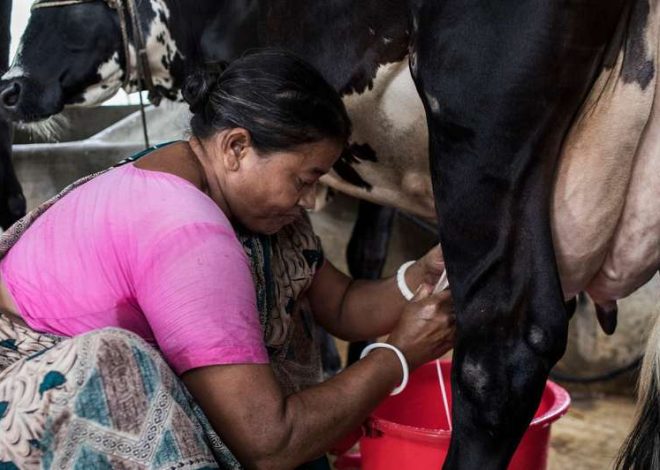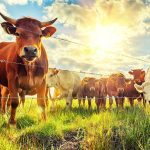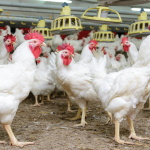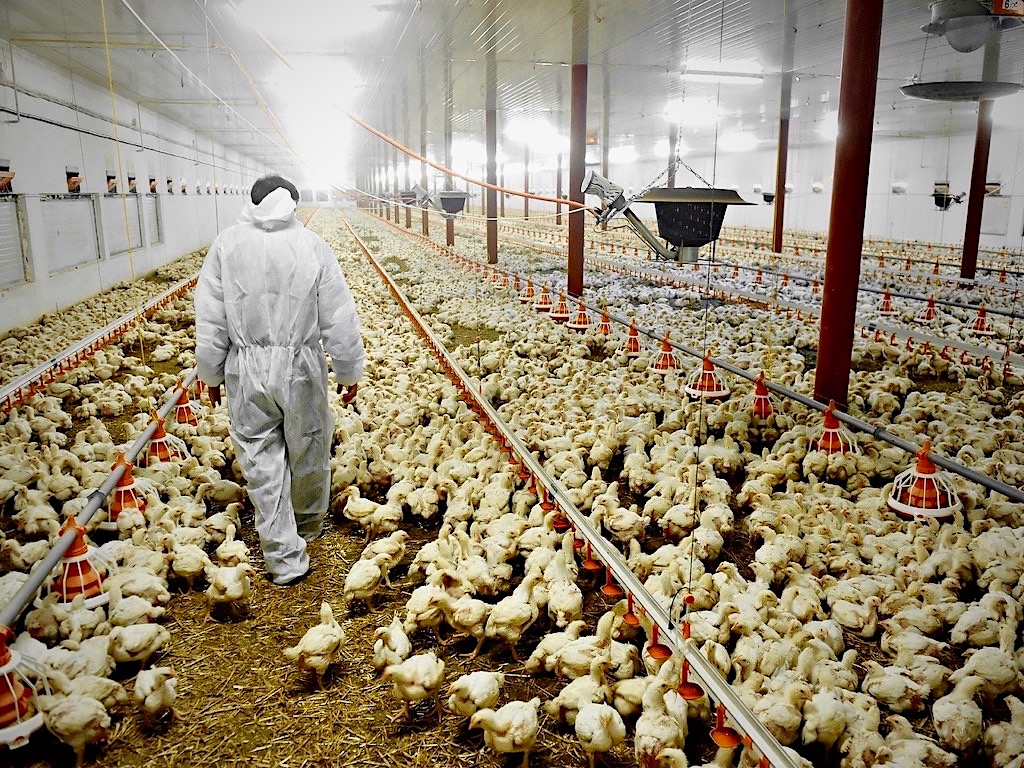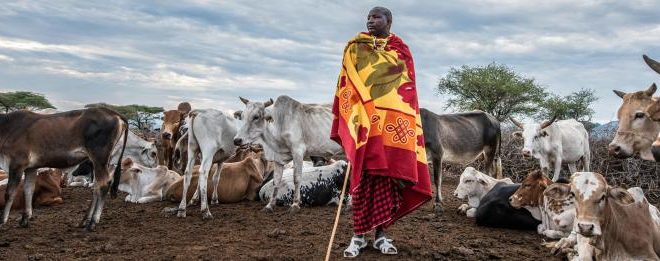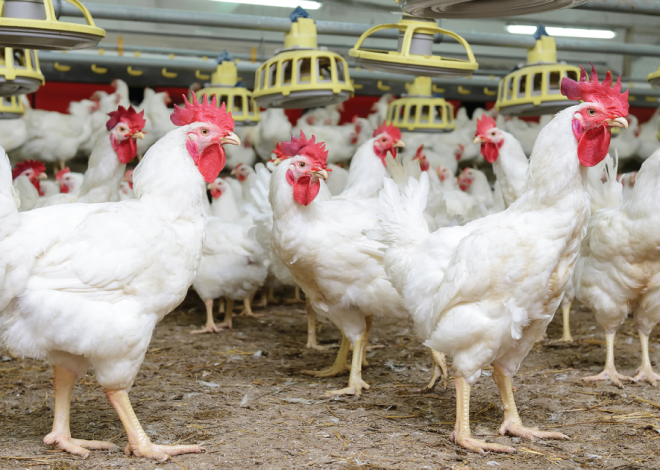Mitigating Another Pandemic: Unraveling the Nexus Between Coronaviruses and Industrial Livestock Farming
Introduction: In the wake of the devastating COVID-19 pandemic, the world stands at a critical juncture in reevaluating the factors that contribute to the emergence and spread of novel coronaviruses. This article explores the intricate connection between coronaviruses and industrial livestock farming, shedding light on how the practices of the latter may pose significant risks to global public health.
The Coronaviral Connection: Coronaviruses, a family of viruses known for causing respiratory illnesses in humans, have been linked to zoonotic transmission, where the virus jumps from animals to humans. The origins of notable coronaviruses, including SARS-CoV, MERS-CoV, and SARS-CoV-2, are believed to trace back to wildlife or domesticated animals. Industrial livestock farming, with its intensive and often overcrowded conditions, provides an ideal environment for the spillover of viruses between animals and, subsequently, to humans.
High-Density Livestock Farming: The hallmark of industrial livestock farming is the concentration of large numbers of animals in confined spaces. Pigs, chickens, and other livestock are often kept in close quarters, facilitating the rapid transmission of viruses. The stress imposed by these crowded conditions weakens the immune systems of the animals, making them more susceptible to infections, including coronaviruses.
Antibiotic Use and Resistant Strains: Industrial livestock farming relies heavily on the routine use of antibiotics to promote growth and prevent disease in crowded settings. This widespread use contributes to the emergence of antibiotic-resistant strains of bacteria, posing an additional threat to public health. The same environments that foster antibiotic resistance also create conditions conducive to the evolution of novel coronaviruses with the potential to infect humans.
Supply Chains and Global Transmission: The globalized nature of industrial livestock farming further amplifies the risks associated with zoonotic transmission. Livestock and their products are often transported across borders, creating pathways for the rapid spread of infectious agents. As we witnessed with COVID-19, a virus originating in one part of the world can quickly become a global threat, underscoring the need for international cooperation in addressing the risks posed by industrial livestock farming.
Mitigating the Risks: Addressing the nexus between coronaviruses and industrial livestock farming requires a multifaceted approach. First and foremost, there is a need for enhanced surveillance and monitoring of both human and animal populations to identify and contain potential outbreaks early on. Additionally, adopting more sustainable and humane practices in livestock farming, such as reducing overcrowding and limiting the use of antibiotics, can help mitigate the risks associated with zoonotic transmission.
Conclusion: As we strive to prevent another global pandemic, understanding the link between coronaviruses and industrial livestock farming is paramount. By reevaluating and reforming current practices, we can create a more resilient and sustainable global food system that prioritizes both human and animal health. Only through collective and coordinated efforts can we hope to build a future where the threat of emerging infectious diseases is minimized.
